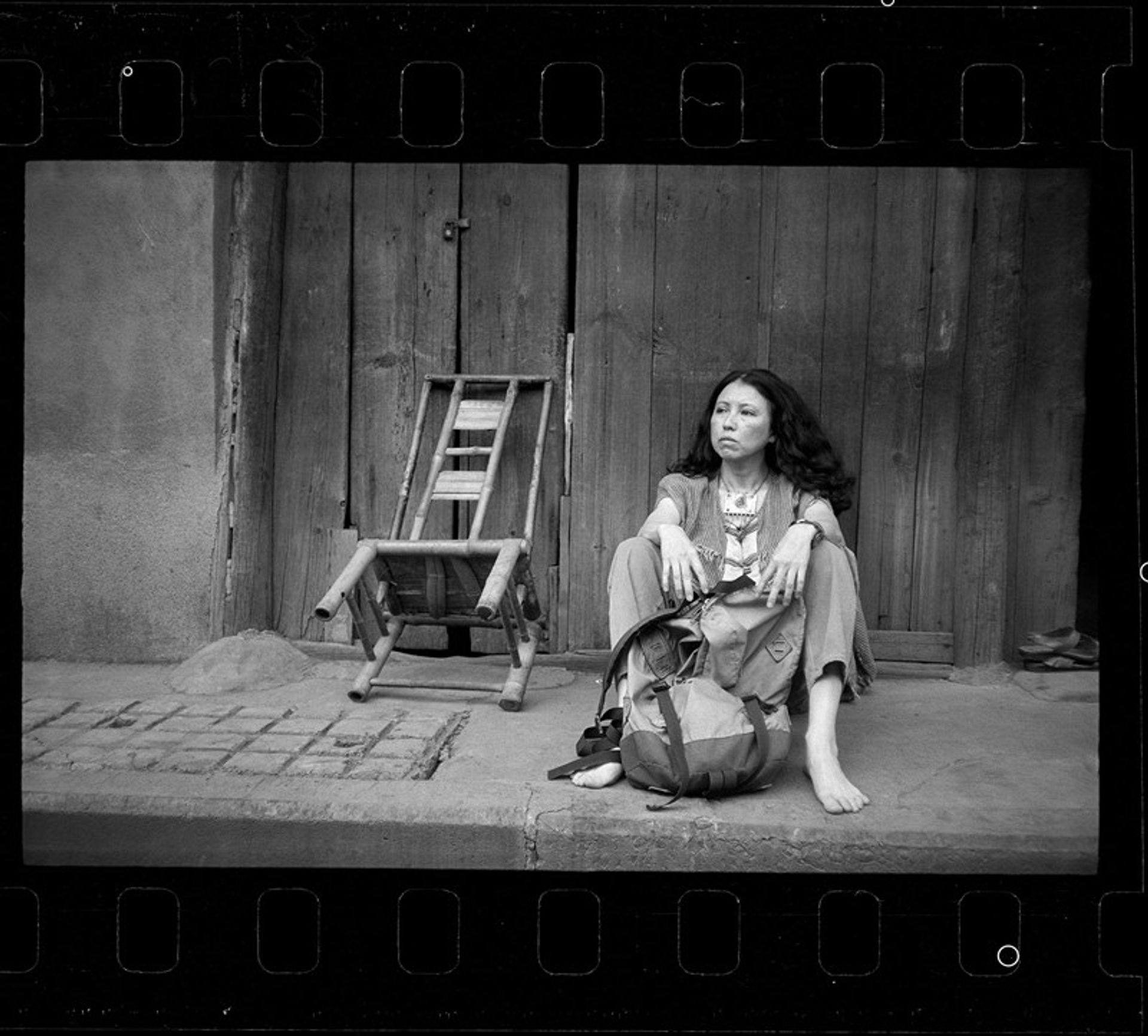The late 1980s and early 1990s were a heady time of transition in China, particularly for its then nascent avant-garde art scene. The Mao-era restrictions placed upon culture had only been lifted a few years earlier—and then not entirely—and the Tiananmen Square protests and crackdown in the summer of 1989 cast a pall on newfound freedoms.
The photographer Xiao Quan captured that era through black and white portraits of many of China’s artistic pioneers, now on display in the exhibition Our Generation at chi K11 Shanghai (through 31 August). Xiao was a protégée of the French photographer Marc Riboud, whose 20 years in China is depicted in the concurrent exhibition of 170 images by Xiao in another room of the museum.
Combined with street shots of the era, the main show follows the early careers of figures like Raise the Red Lantern director Zhang Yimou. Chinese rock music progenitor Cui Jian is shown both off stage and on, sometimes performing to perplexed soldiers. Literary greats Wang Anyi, San Mao, Wang Shuo and Yu Hua receive cameos, and many images capture the youth of now-establishment artists like Chen Danqing, Fang Lijun, and He Duolin, and the curator Lv Peng, who organised the show.

“Most of my audience is very young, so probably they are not connected to the photos by nostalgia,” Xiao says. “It’s their parents who belong to ‘Our Generation’,” which the artist defines as those born under Mao Zedong and raised under the influence of elder statesman Deng Xiaoping, who is credited with opening China to global markets.
During that time, “China witnessed an unprecedented social and political correction. Deng Xiaoping restored the respect and exploration for truth, knowledge and education. Artists used to be shackled,” Xiao says. But as the Communist government loosened its stranglehold, artists “all worked as volunteers, just like me in the old days, without a penny in our pockets. I was there at the beginning of this dream, just an honest and genuine person, working for what I cherished. This generation is precious and deserves to be remembered by history.”

